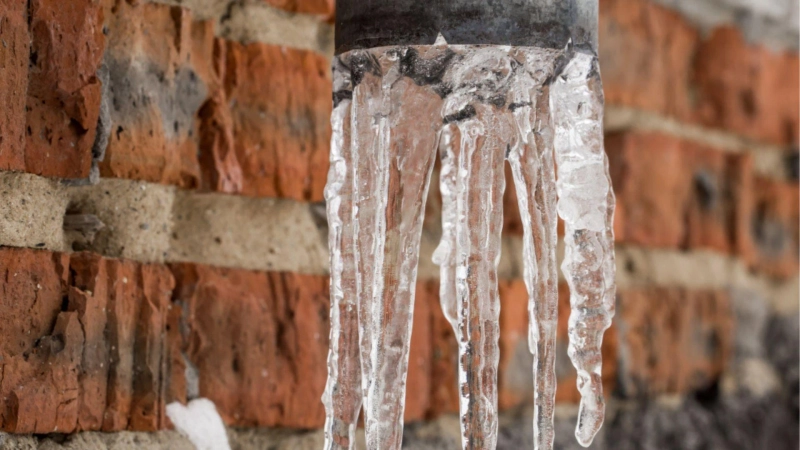Winter in West Virginia can be tough on your home’s plumbing system. Freezing temperatures, snow, and ice put extra pressure on your pipes, drains, and water heaters. Taking a few preventive steps before the cold sets in can save you from expensive repairs and water damage. Here’s a practical winter plumbing checklist every WV homeowner should follow.
1. Insulate Exposed Pipes
The most important step in preventing frozen pipes is insulation. Focus on unheated areas like basements, crawl spaces, attics, and garages. Use foam sleeves or heat tape to wrap pipes, especially those near exterior walls. This simple step can make a big difference in keeping your water flowing all winter.
2. Drain Outdoor Faucets and Hoses
Disconnect and drain all garden hoses before the first frost. Leaving hoses attached traps water inside, which can freeze and expand, damaging both the hose and faucet. Turn off the outdoor water supply and open the faucet to release any remaining water.
3. Check for Leaks and Drips
Even a small leak can lead to frozen pipes when temperatures drop. Inspect all visible plumbing, including under sinks and around water heaters, for moisture or corrosion. Fix leaks right away to prevent bigger problems during the coldest months.
4. Service Your Water Heater
Your water heater works harder in winter, so it’s smart to have it inspected before the season starts. Flush out any sediment buildup to improve efficiency and check the temperature setting—120°F is ideal for comfort and safety. If your unit is over ten years old, consider upgrading to a more energy-efficient model.
5. Keep Indoor Temperatures Consistent
Avoid turning your heat too low when you’re away. Maintaining a steady indoor temperature (above 55°F) helps protect pipes inside the walls from freezing. Open cabinet doors under sinks to allow warm air to circulate around pipes.
6. Know How to Shut Off Your Water
Every homeowner should know where the main water shut-off valve is located. In case a pipe bursts, turning off the water quickly can prevent serious flooding and damage.
7. Schedule a Professional Plumbing Inspection
A licensed plumber can spot hidden issues you might miss. Professional winter plumbing inspections often include checking sump pumps, inspecting drains, and testing water pressure-helping ensure your plumbing system is ready for the season ahead.
Final Tip:
Taking time to prepare your plumbing before winter hits can save you from major headaches and expenses later. Whether it’s insulating pipes or scheduling a pre-winter inspection, these small steps go a long way toward protecting your home.



